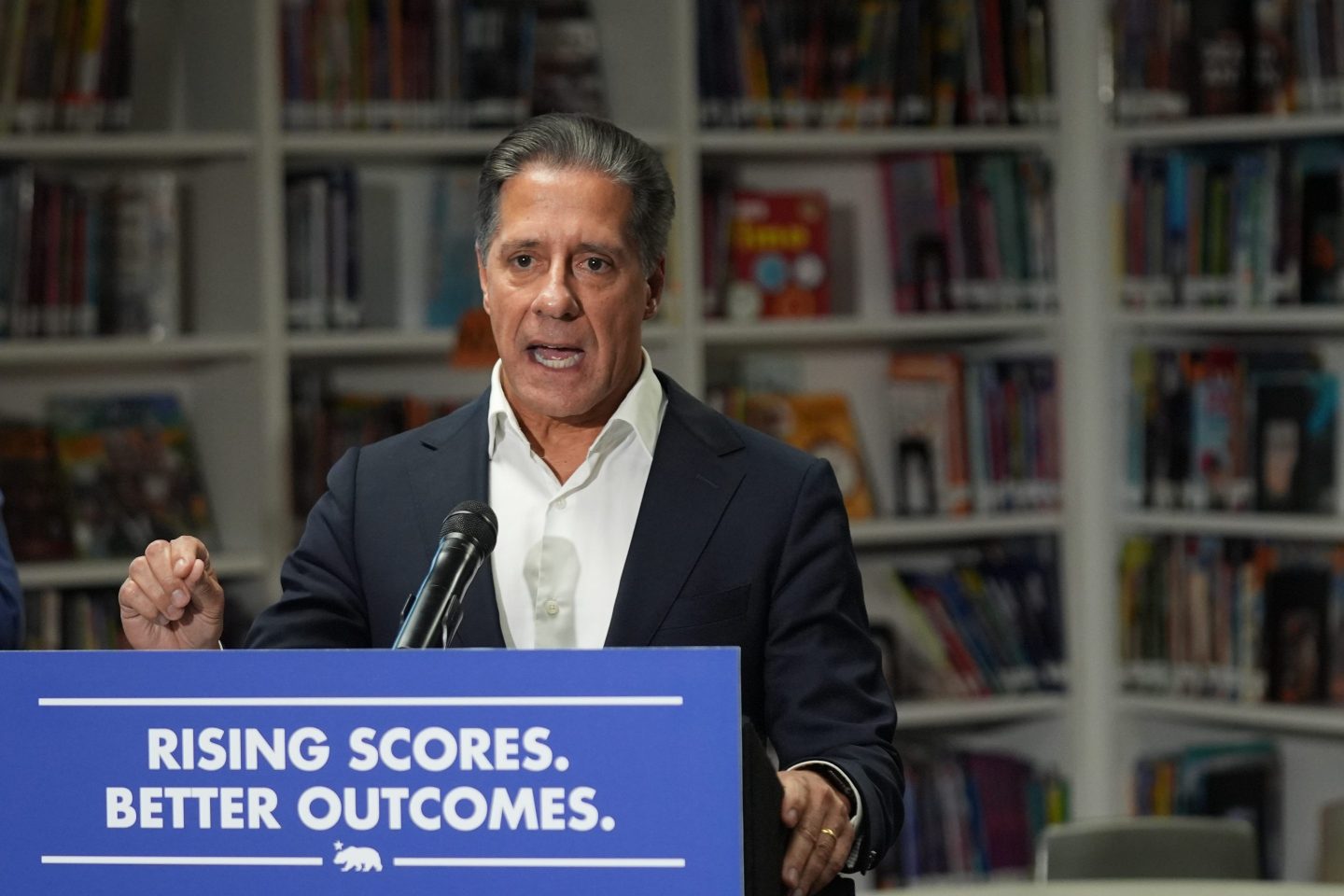Conservative Texas legislators have long sought to permanently end abortion access in their state. This year, through a clever manipulation of enforcement rules, it appeared that they had succeeded. But this week two conservative Supreme Court justices, both of whom had originally granted the law a stay, signaled that they have doubts.
The Supreme Court heard Texas’s defense of the controversial law, SB8, this Monday in two suits, one brought by abortion providers and the other by the Department of Justice.
The law, which went into effect in September, would ban all abortions in Texas six weeks after conception, even in cases of rape and incest, and allow private citizens to sue anyone who performs an abortion—or aids someone in procuring one—for at least $10,000.
In the past, six-week bans in other states have all eventually been found unconstitutional as they’ve risen through the legal system. This “legal hack” appears to be a way to get around that.
Typically, governmental agencies shut down or challenge abortion clinics accused of breaking the law, and the clinics then have a way to challenge the constitutionality of the state law through the courts. By deputizing Americans to sue on their own, clinics and doctors can no longer employ that method.
An organization like Planned Parenthood would normally go to court and sue Texas Attorney General Ken Paxton before the bill was enacted, but because Paxton is not the one enforcing the law, it has to instead wait to be sued itself.
In October, the Supreme Court ruled that the law would stay in effect temporarily. But at Monday’s hearing, conservative justices Amy Coney Barrett and Brett Kavanaugh expressed doubts around the law.
The justices worried that the same methods Texas used to get around Americans’ constitutional right to an abortion, as decided in Roe v. Wade, could be applied to laws around the First and Second Amendments.
“The threat here is to the supremacy of federal law,” said Elizabeth Prelogar, who was confirmed last week as the Biden administration’s solicitor general. “That’s accomplished by trying to cut off the channels of judicial review that Congress recognized…would be vital to vindicating federal rights, whether that be Second Amendment rights or rights to religious liberty or here the right to abortion.”
The premise of the law, she argued, meant that no constitutional right was safe, and that no prior Supreme Court decisions held legal weight. “Our constitutional guarantees,” she said, “cannot be that fragile.”
It appeared that the majority of justices agreed with her argument.
While it’s unclear when a decision in the case is expected, some predict it could be as early as December.
On Dec. 1, the Supreme Court will hear another abortion rights case that challenges a Mississippi law that bans all abortions after the 15th week of pregnancy.
More politics coverage from Fortune:
- A shortage of 80,000 truck drivers is wreaking havoc on the supply chain—and it’s about to get worse
- It could take nearly a decade for public transit to return to pre-pandemic levels
- Top D.C. financial regulators release stablecoin report and urge Congress to pass legislation
- FDA tightens rules for breast implants, after deaths and years of scrutiny over health risks
- Greenpeace to take Volkswagen to court in effort to stop it from selling polluting cars
Subscribe to Fortune Daily to get essential business stories straight to your inbox each morning.












